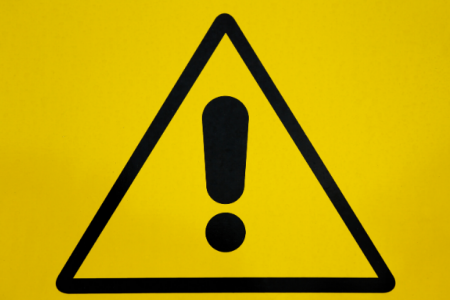Scammers targeting self assessment tax payers
 HMRC is warning people who complete self assessment tax returns to be alert to scams, after over half a million were reported in the last year.
HMRC is warning people who complete self assessment tax returns to be alert to scams, after over half a million were reported in the last year.
These scams can take the form of texts, calls or emails demanding unpaid tax or offering a tax refund. The messages mimic official government communications so look authentic, and are designed to dupe tax payers into paying out money or giving personal information. People can also be taken in by misleading websites designed to make them pay for help in submitting tax returns, or charging to connect them to HMRC phone lines.
Myrtle Lloyd, HMRC’s director general for customer services, said: “If someone contacts you saying they’re from HMRC, wanting you to pay money or give personal information, be on your guard. Never let yourself be rushed, and if you’re in any doubt then check our scams advice on GOV.UK.”
HMRC advises people to STOP, CHALLENGE and PROTECT:
- STOP: Take a moment to think before giving money or information. Don’t download an attachment or click on a link before checking on GOV.UK that it is genuine. Don’t trust caller ID on phones, as numbers can be faked.
- CHALLENGE: It’s OK to reject, refuse or ignore any requests, only criminals will try to rush or panic you.
- PROTECT: Forward suspicious texts to 60599, forward suspicious emails to phishing@hmrc.gov.uk and report scam phone calls on GOV.UK. If you think you have fallen victim to a scam, contact your bank immediately and report it to ActionFraud.
HMRC has a dedicated team working on cyber and phone crimes. Since 2017, they have prevented 500 million emails and 90 per cent of the most convincing SMS messages from reaching customers. But that doesn’t stop the scammers trying! Always double check on the official GOV.UK website to keep yourself safe.






